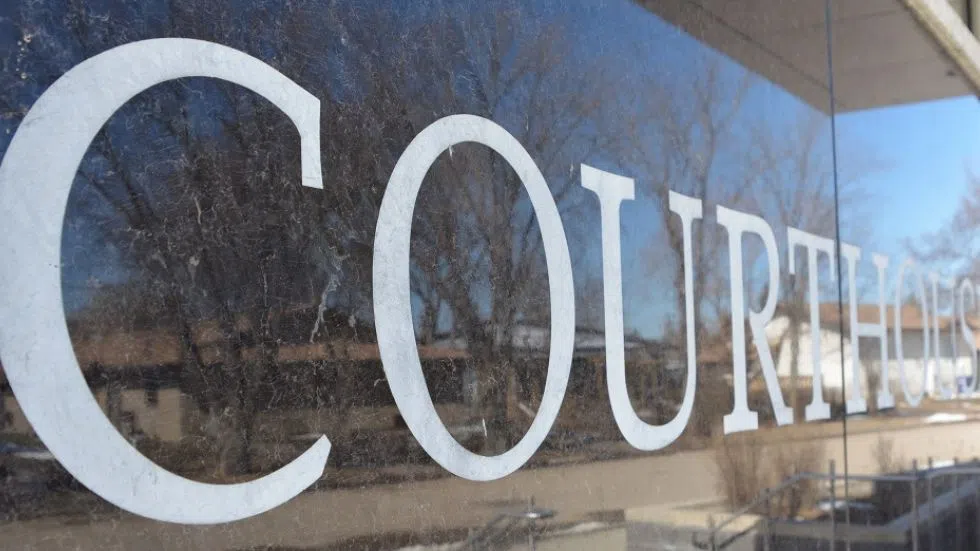
La Loche shooter: Judge to sentence in Feb. 2018
Almost two years and a month to the day, the youth who shot 11 people in La Loche in 2016, killing four, will be sentenced in his home community.
The teen, who cannot be named as he was 17-years-old at the time of the shooting, killed brothers Dayne and Drayden Fontaine in a home before proceeding to the Dene High side of La Loche School, killing teacher Adam Wood and teacher’s aide Marie Janvier. He shot and injured seven other people at the school before surrendering to police. He pleaded guilty to the charges associated with the incident in October 2016.
After hearing final arguments in the sentencing hearing of the now-19-year-old youth, Judge Janet McIvor said she would render her decision on Feb. 23, 2018, at the courtroom in La Loche. She said given the amount of evidence, it is extremely important she takes the time to make a good and fair decision.
Friday afternoon, the Crown asserted the youth planned what he was doing, while defence insists the shooter’s intellectual and cognitive problems affected his maturity level, and his inability to cope with the issues in his life.


